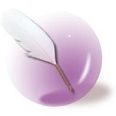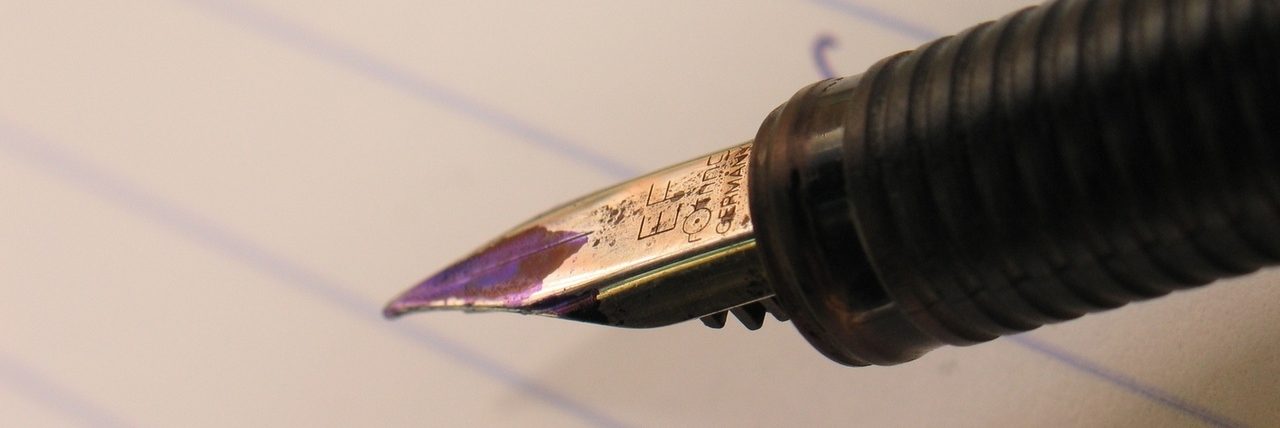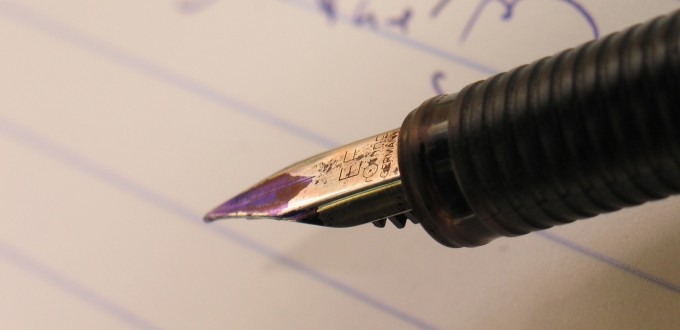
Some educators seem to think longhand should be phased out as technological advancements mean we’ll all be using keyboards – imagine a world without cursive writing. We won’t be wondering whose phone number is written on the back of the person’s hand. No more ‘masterplans’ scribbled on the back of cigarette packets; the fridge will be clear of scribbled notes telling house members you’ve gone out (although I’m suitably informed text messages are stopping this practice anyway). However I’m curious to know what will replace post stick note reminders in the work place or even a signature at the end of a legal document….
Facebook statuses and tweets will reminisce about the joys of walking into a stationary shop, ink stained fingers and clothes, and trying to decipher doctor’s notes.
But what else will we be losing? The physical act of writing with a pen stimulates different parts of the brain than those stimulated when typing at a pc, and the physical act of writing something down often makes it easier to recall. Some also claim if you can’t write cursive, then you’ll actually find it harder to read it too; so by not teaching cursive we’d be depriving a generation of the ability to read historic scripts or even old family letters.
As a wordsmith, I love writing with my fountain pen; I like the way it glides across the paper and the care I have to take to not smudge the ink. As technology encourages us to speed up, writing with a pen slows me down – making me choose my words carefully and, as I haven’t hit the delete button, I can revisit crossed out thoughts. Plus when I’m writing creatively, the slower pace allows other story lines to come in. It’s worth noting at this point, many famous authors write their novels in long hand before sitting down at the pc.
When I’m interviewing people either over the phone or in person, I write down the conversation, admittedly by using a mixture of long and T-line shorthand for speed. Shorthand is already a dying art as conversations can now be electronically recorded. But trying to find the part of the recording with the quote you want is time consuming – plus electronic equipment does malfunction resulting in a vital quote being lost.
But perhaps the greatest loss should cursive writing cease will be individuality. Ask any graphologist, an individual’s handwriting is as unique as their fingerprints. Even though we’re taught the same shapes, we develop our own style – have you ever tried to copy someone else’s signature? Our writing also apparently gives hints to our personality and in some cases (although admittedly not mine) is far more appeasing to the eye than a typed script.
So for the case of individuality, memory and creativeness, perhaps after all, the pen really is mightier than the technological sword.


